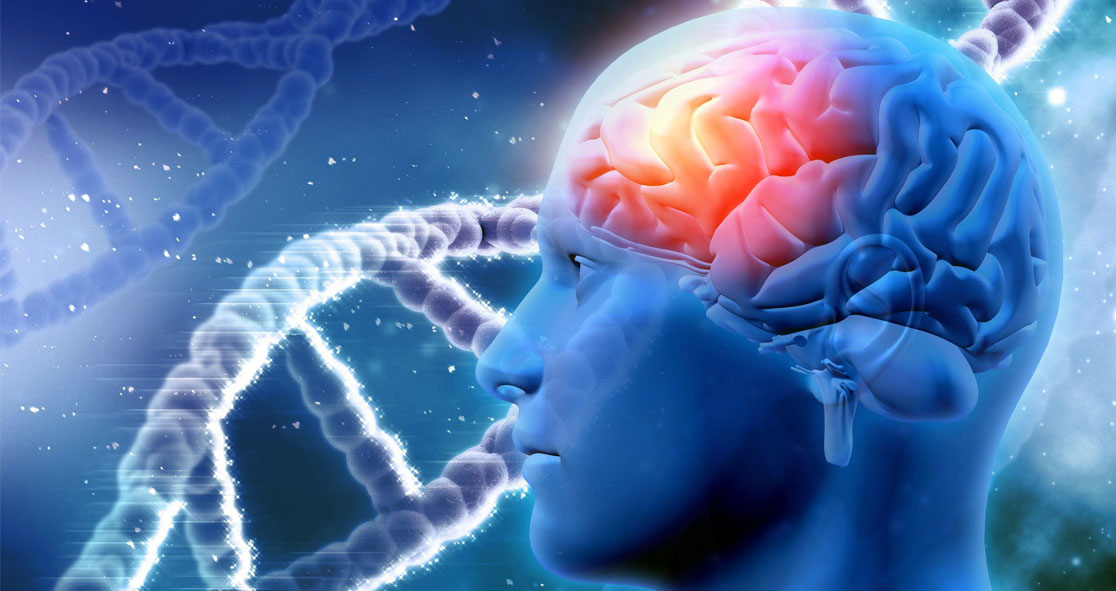Worldwide, it is estimated that more than 24 million people have Alzheimer’s disease, one of the most common causes of dementia.
Researcher Dr. Patrick Aloy of the Institute for Research in Biomedicine, Barcelona, has conducted a study in mice, which has managed to reverse the symptoms of Alzheimer’s by administering commonly used drugs that are used for the treatment of hypertension and inflammation, according to Science Daily.
Dr. Aloy and his team characterized Alzheimer’s disease into three stages – initial, intermediate, and advanced, analyzing the behavior of the animals and studying the effects on the brain. They also performed a molecular analysis to measure gene expression and protein levels.
“What we have observed is that, although Alzheimer’s disease shares some features of accelerated aging, it is also affected by totally different aging processes,” Dr. Aloy said. “This disease is caused by the abnormal accumulation of certain proteins, and we have seen that, in some cases, this is not caused by overproduction but by an error in their removal.”
The researchers used a computational tool called Chemical Checker to find drugs already on the market with the capacity to reverse the effects at the cellular level. The tool allowed them to identify a few possible drugs.
Four drugs, including two non-steroidal anti-inflammatory drugs (NSAIDs) and two anti-hypertensive agents, proved effective at reversing Alzheimer’s disease and neutralizing symptoms in the mice.
Dr. Aloy explained, “Epidemiological studies already indicated that people who regularly take antiinflammatories show a lower incidence of Alzheimer’s disease, but this had not been correlated with a specific medication or mechanism.”
“The results that we are publishing are most promising, and we hope that further research can be done on them because they could give rise to a paradigm shift in the treatment of this disease,” he added.
The study findings call for new strategies when it comes to treating Alzheimer’s disease.
The characterization of the distinct stages of Alzheimer’s published in this study favors early diagnosis. Detecting the condition at an early stage, when the brain damage is still minimal, is one of the main focuses to tackle the condition.





















